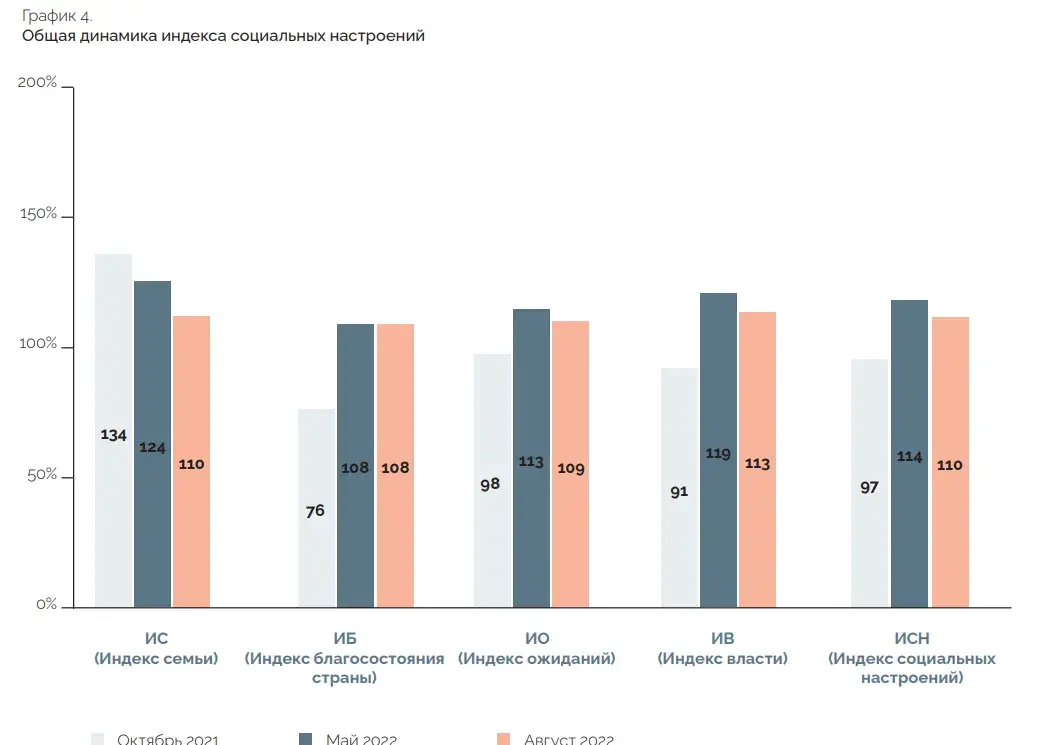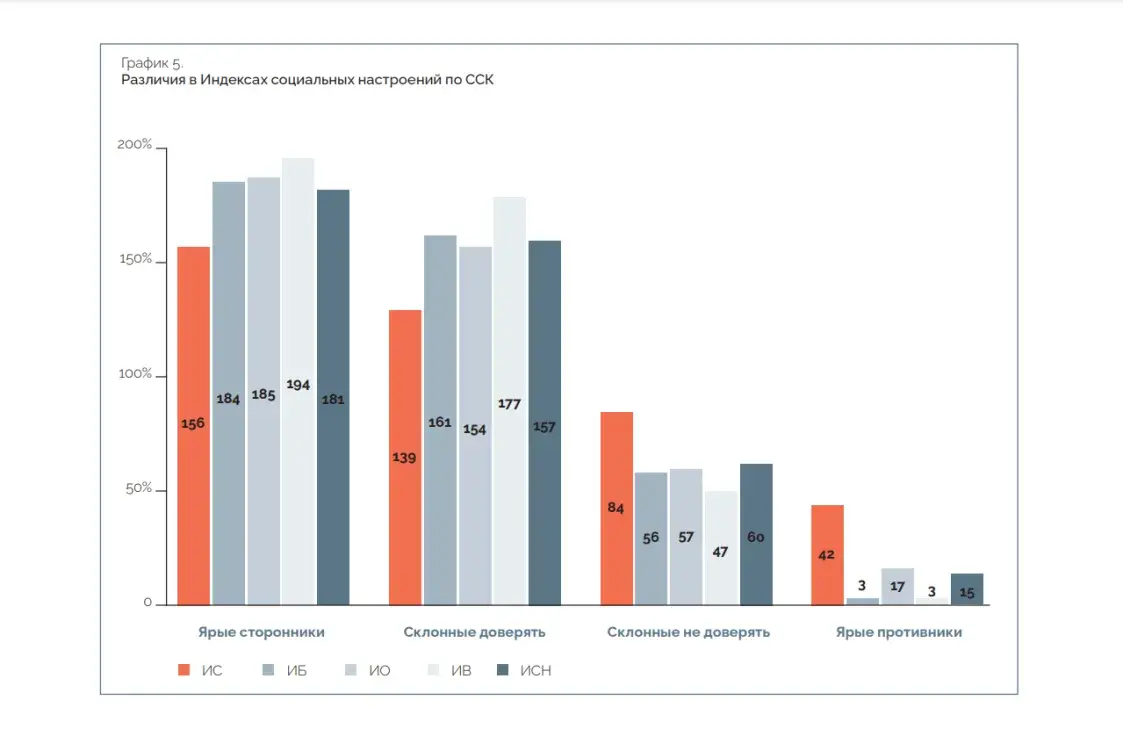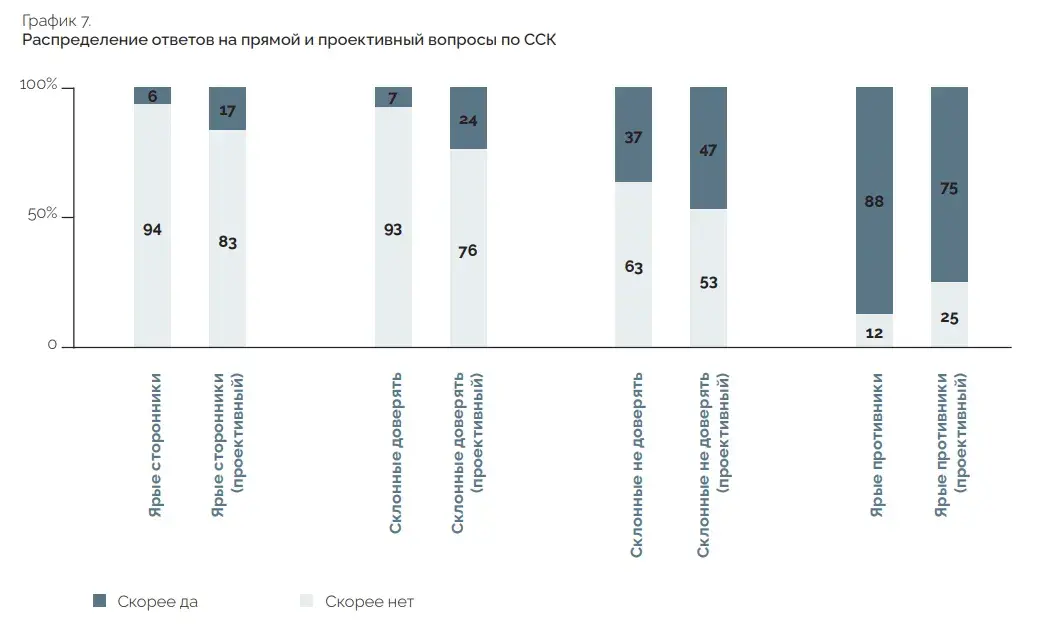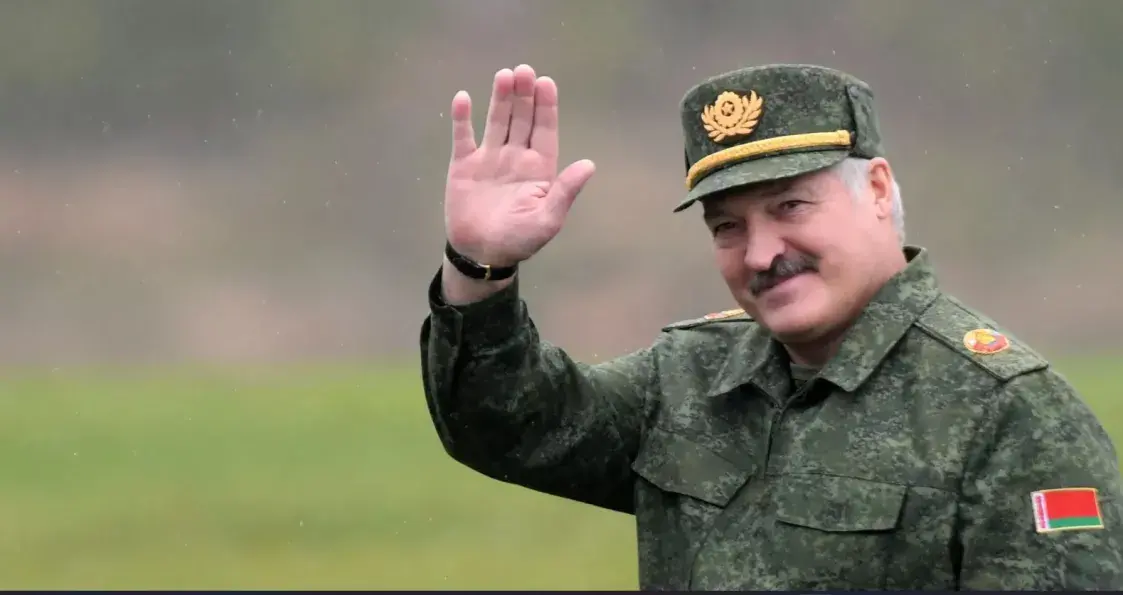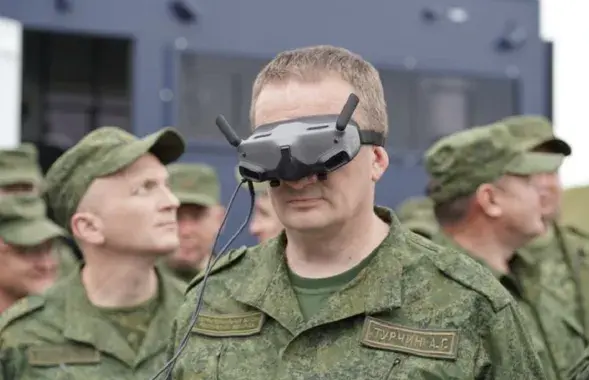Belarusians increasingly support Lukashenka's overthrow by force

Belarusians are losing patience and approve of more drastic methods of fighting the regime/collage by Ulad Rubanau, Euroradio
The Belarusian government, society and the opposition have become more radical over the summer. Lukashenka is preparing for war; the opposition is preparing for a violent scenario of Lukashenka's overthrow, and society has become more supportive of this scenario.
How Belarusians shifted from supporting peaceful protests to more courageous sentiments was laid out by experts in the presentation of the "Belarusian Tracker for Change" report.
Lukashenka no longer attracts new supporters
According to sociologist Filip Bikanau, creating the United Transition Cabinet with the security forces is a timely response to society's demands. The sociologist drew such conclusions based on the results of the survey. The first online panel interviewed 1,010 respondents from August 17 to August 31, 2022. The second panel polled 502 respondents from August 17 to 21. Residents of cities with populations over 5,000 were surveyed. The sample was weighted by RIM Weights (Raking) according to the settlement size, education, gender, and age.
But at first, the Belarusians wanted a peaceful protest. What happened?
The power scenario is more popular in the background of the conflict in society
"The next point is that the conflict [in society - Euroradio] is either already transformed or is actively transforming into a conflict which is not only political but also social," says Bikanau.
The expert defines this by the involvement of people in the system and the benefits they receive from it.
"They may be material things as well as certain privileges. If we look at the index of family, state, expectations and the index of power, we see that people in the pro-regime groups draw optimism for themselves to a greater extent from state institutions. And people who tend to be distrustful or ardent opponents of the regime have a worse assessment of the situation and have no hope in the state. This speaks of a transformation into a social conflict".
Thus, the polarization of ardent supporters and opponents of the authorities increases. There is a rejection of one another by different groups because of this.
"Why is this important? There has been a complete change in the paradigm of support for the power scenario. We divided the sample into two parts. One asked a direct question: "On August 7-9, there was a conference of the Belarusian democratic forces in Vilnius. One of the subjects of the discussion was Aliaksandr Lukashenka's removal from power by force. Would you support such a proposal?".
The second part of the sample was asked to imagine someone they knew and to guess how they would answer the question about Lukashenka's forceful confrontation.
"In September 2021, Chatham House asked a question with an option of proactive force protest, and its popularity was only 4.5%. In our poll, in the segment of ardent opponents, an overwhelming majority would already support a proactive force scenario. In the segment of those inclined to distrust the government, the inertia of the narrative that the protest should be peaceful is quite strong but already quite close to turning the situation upside down. Together, these two groups give 40-50% support to such a proactive [forceful - Euroradio] method".
"Thus, we see that the appointment of security officials, Sakhashchyk and Azarau, to the Cabinet is a good and timely response to the request of the protesting part of society. Taking into account that we see the transformation of the conflict into a social one, it all looks like a serious stir," says Filip Bikanau.
Radicalization of all
In the summer, the Belarusian opposition and authorities also went through a phase of militarization, says political observer Artsiom Shraibman. This was transmitted mainly by the Ukraine war and how different forces reacted to it.
Lukashenka managed to distribute weapons to the Ministry of Emergency Situations staff and announced the appearance of a people's militia in every village council. In July, he said that weapons should also be given to foresters.
"Another trend is expanding repressive activity beyond the media that write about politics. As the politicized media become exhausted, the authorities are beginning to clean up the rest of the uncontrolled media field".
The involvement of pro-government activists and propagandists in repression has also noticeably expanded.
"These people have begun to act as informal ideological inspectors from the authorities. This included the closure of the Kalinouski bar in early summer. And the sweep of the tourist sector, where these people signed up for tours to expose guides somehow misinterpreting history.
At the same time, there was a consolidation in the demforces, though not a complete one.
"The supporters of the Tsapkala family continued to promote their organization. Even though many consider them fringe politicians and spoilers, I would not minimize the role of this group of activists in launching the reform of the democratic forces. It was their months-long criticism that started it all.
And the last trend is the radicalization of the opposition. One of the purposes of the Cabinet's creation was the de-occupation of Belarus. The appointment of two security officials there also speaks for itself. This is another clear manifestation of the growing tolerance of democratic forces to the use of non-peaceful methods of political struggle," concludes Shraibman.
